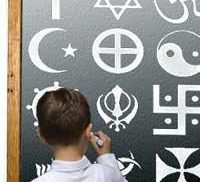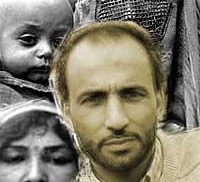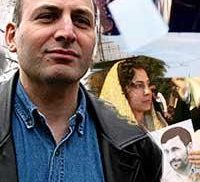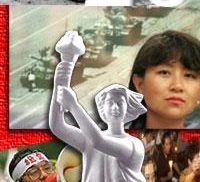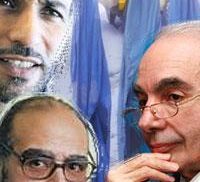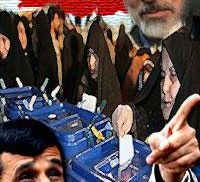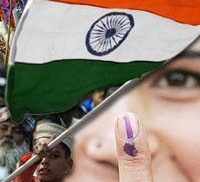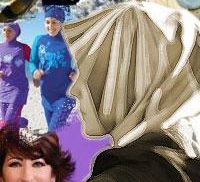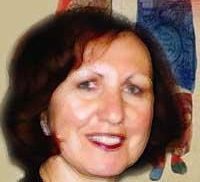Brown, Calloni, Felice, Galli, Giachetti, Salvati, Volpi, Ypi December/December 2025
Today, the compromises that once allowed democracy to coexist with a well-regulated capitalism no longer seem to work. On the contrary, politics is becoming increasingly incapable of offering effective responses to the dissatisfaction and marginalization felt by large segments of the population — the old middle class, precarious and underpaid workers — while capitalist developments, beginning with the new digital economy, are deepening inequality, concentrating wealth and power to a remarkable degree, and showing signs of a retreat from territorial roots. This process of patrimonialization and neo-feudalization combines with autocratic tendencies in political power. The phenomenon is particularly evident in the United States, but it is far from unknown elsewhere, in countries both small (such as Hungary) and large (such as Russia). How should we rethink the relationship between capitalism and democracy? Can liberal democracy survive in an age of stagnation and widening inequality? What held the welfare state and the free market together in the postwar years—was it a unique historical interlude or a model that can be replicated? Has globalization now made the mechanisms of financial capitalism incompatible with national democratic processes? Are liberal elites to blame for failing to manage the economic transformations—globalization, offshoring, automation—that have fueled populism and authoritarianism? And is it still possible to correct course within the existing system, or does the moment demand a radical reconfiguration—and if so, how?




